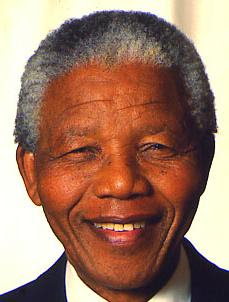MARCH 1, 2010
If you want half a bread, beg somebody buy it, but if you want a whole loaf, buy it youself.
Louise Bennett, Jamaican poet and folklorist

I was about nine years old when I met Louise (Miss Lou) Bennett at a function in rural Jamaica. I felt as if I already knew her from the poems she published in the Gleaner, our only daily newspaper at the time. I was so excited to see and hear her perform, that the memory of me meeting Miss Lou is seared in my memory. Decades later, my children would meet her when they were also around nine years old. They played a piano duet on Miss Lou’s memorable show – Ring Ding – that showcased Jamaican culture with songs, stories, games, and performances from children.
If you have some memories of Miss Lou, please share.
Miss Lou was an actress. My aunt-mother took me to see her perform in the Christmas Pantomime as our yearly ritual. In the early days, the pantomimes followed the British model, with the leads all white or light-skinned, and the music from up North. But the real lead for me was always Miss Lou who spoke Jamaican Creole, sang Jamaican song, and seemed to bring playground fun to the stage.
She was also a poet. She took Jamaican Creole to the level of an art. For her, the vernacular was not “bad” or “broken” English any more than Chaucer’s English could be considered “bad” or “broken” Latin, French, or German. She showed how Creole could express our wit, culture, emotions, and ability to overcome adversity. Today’s dub poets (like Mutabaruka) dancehall artistes (like Yellowman), poets (Like Joan Andrea Hutchinson) and storytellers (like Amina Blackwood Meeks) owe much to Miss Lou’s work in gaining respect for Creole as a language in its own right.
But most of all, Miss Lou is a beloved Jamaican icon. Louise Simone Bennett-Coverley was born in Kingston, Jamaica on September 7, 1919. She wrote her first Creole poem when she was fourteen years old. In the 1940s, she attended the Royal Academy of Drama Art on a British Council scholarship. When she returned to Jamaica, she taught drama to groups of young people and adults. In 1954, she married Eric Winston Coverley.
She has received many awards for her contribution to Jamaican cultural life, including honorary doctorates from the University of the West Indies, and from York University, Toronto Canada.
Miss Lou spent her final years in Canada, where she developed celebrity status. She died in Toronto in 2006.
For Miss Lou’s poetry, please see Jamaica Labrish (1966).








































